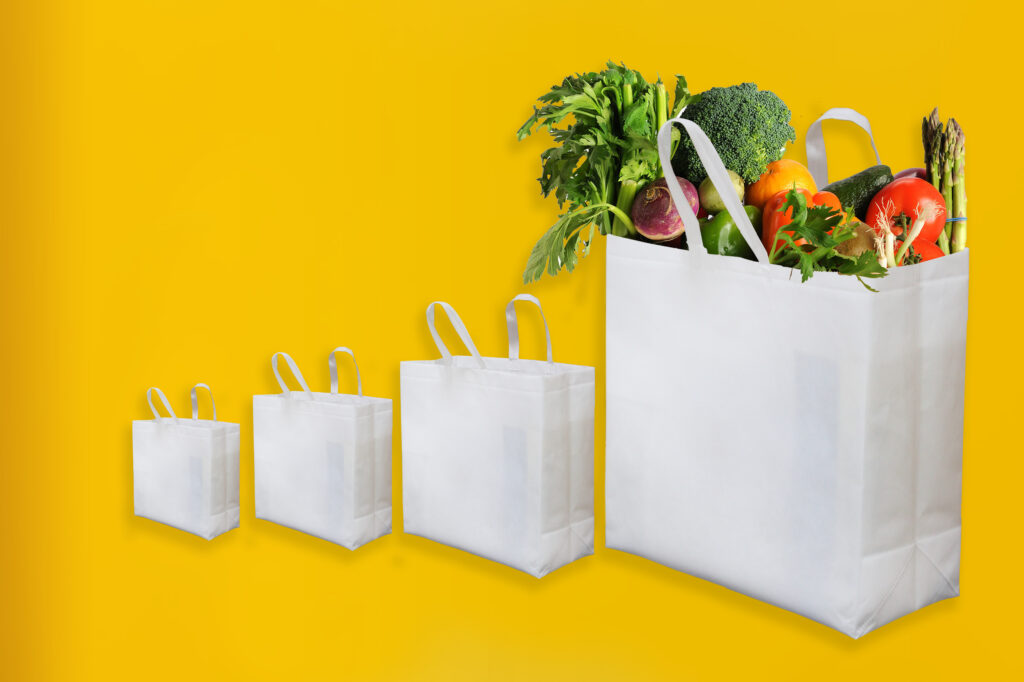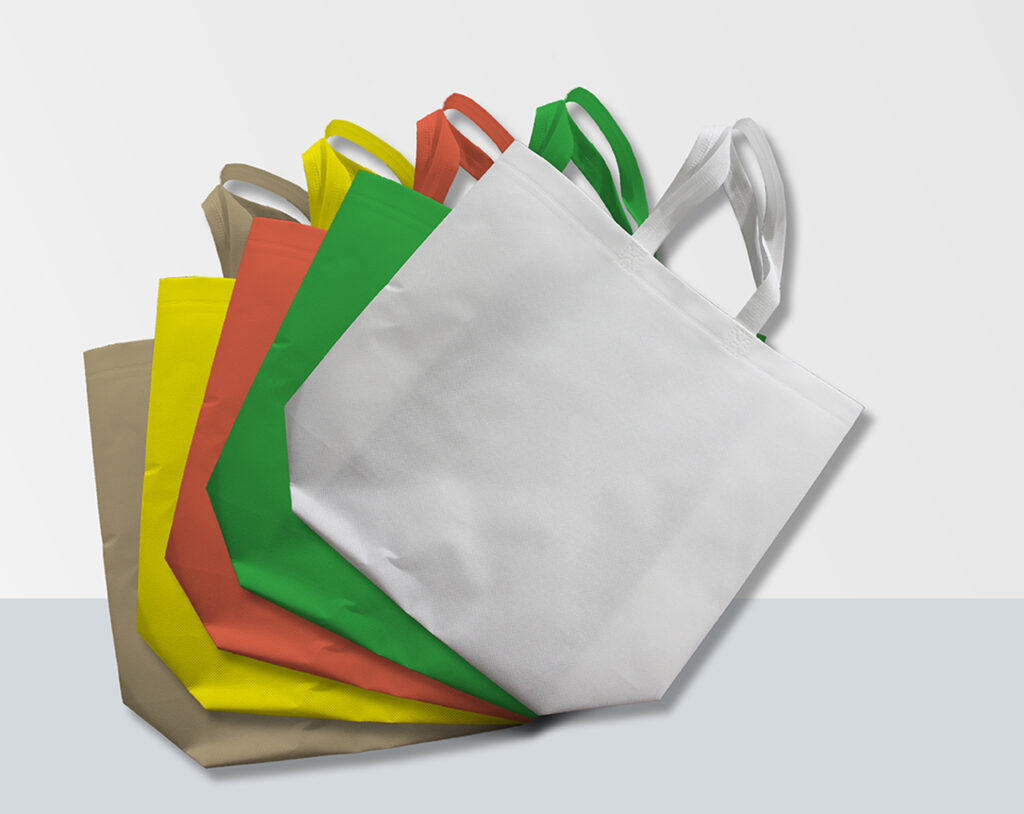Non Woven Fabric Bags: The Sustainable Solution for a Greener Future
Introduction
With the growing concern for environmental sustainability, people are now exploring eco-friendly alternatives to traditional bags. One of the most promising options is the rise of non woven fabric bags as a sustainable choice. These bags offer numerous advantages over their plastic counterparts, from being reusable and durable to minimizing the carbon footprint. In this article, we will delve into the world of non woven fabric bags, discussing their composition, manufacturing process, environmental benefits, economic advantages, aesthetic appeal, and dispel common misconceptions surrounding their usage. By the end, you’ll have a comprehensive understanding of why non woven fabric bags are the key to a more sustainable future.
Understanding Non Woven Fabric Bags
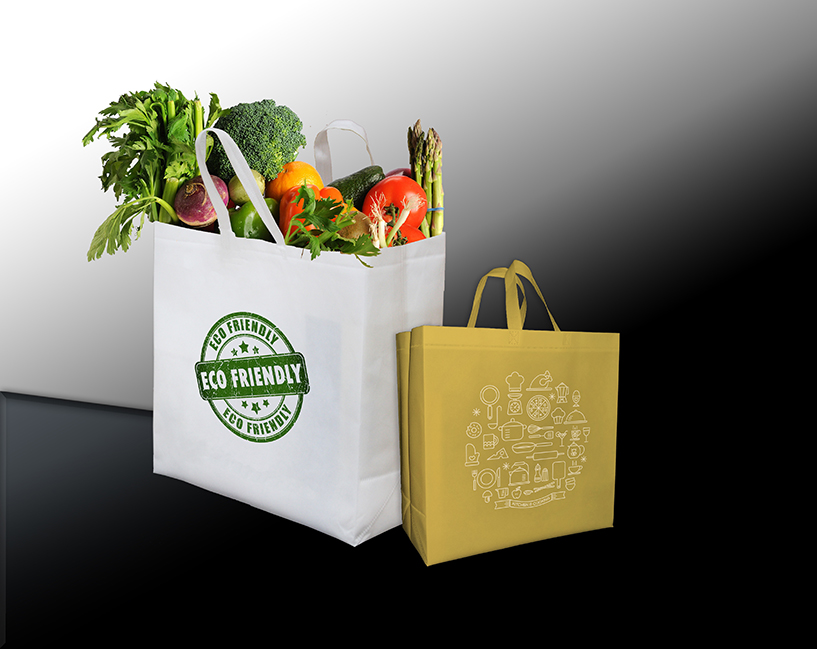
Non woven fabric bags are made from fibers that are bonded together rather than being woven. This composition allows for a variety of desirable characteristics, such as strength, flexibility, and breathability. During the manufacturing process, these bags are created by using heat, pressure, and sometimes adhesives to fuse the fibers together. This method eliminates the need for water, making it more environmentally friendly compared to the water-intensive process of producing traditional woven bags. Additionally, non woven fabric bags offer advantages over traditional materials in terms of cost-effectiveness and ease of production. With their lightweight construction, these bags are easy to carry and can withstand multiple uses, making them an ideal choice for busy individuals on the go.
Environmental Benefits of Non Woven Fabric Bags
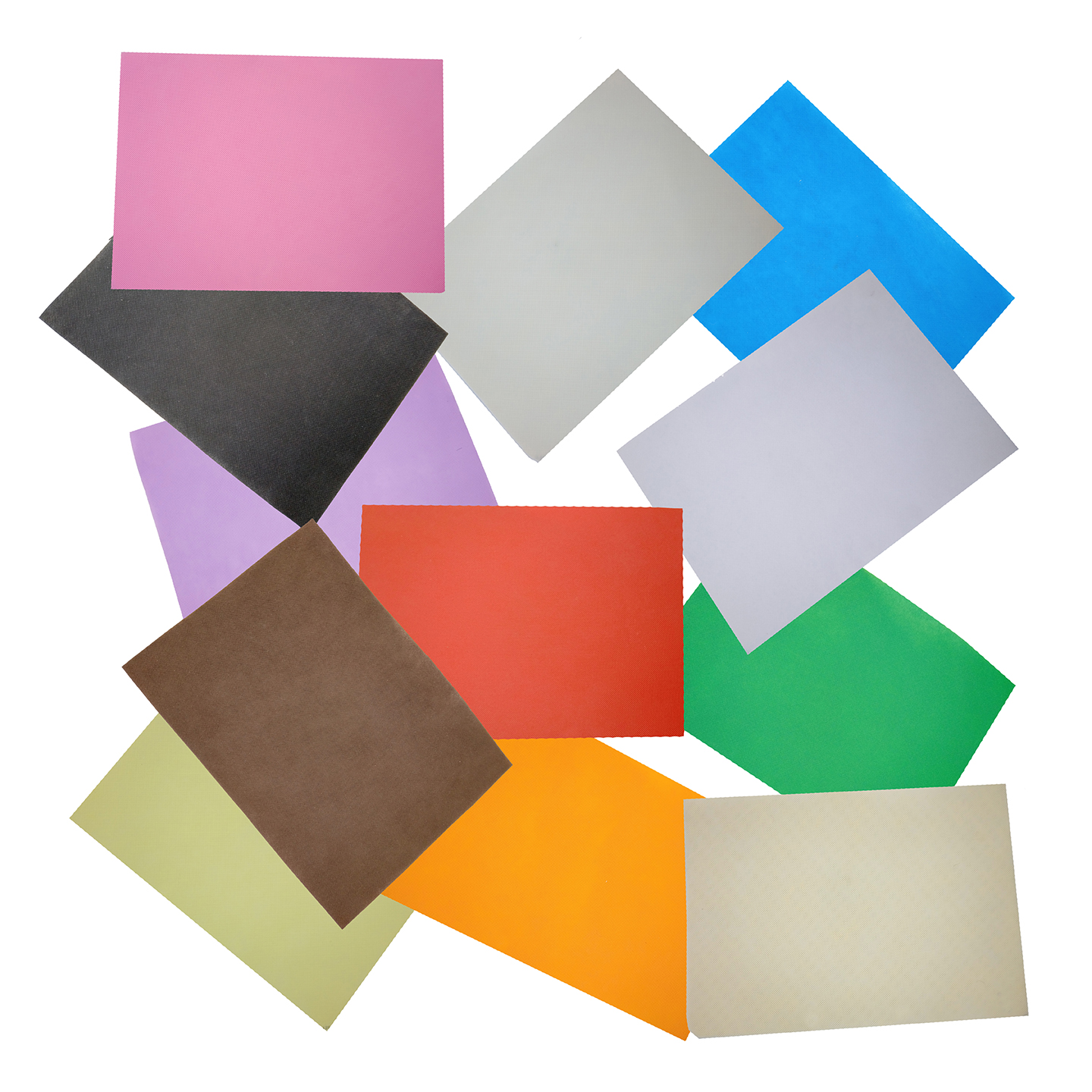
As non woven fabric bags gain popularity, they contribute to a significant reduction in the dependence on plastic bags and their harmful impact on the environment. Plastic bags take hundreds of years to decompose, releasing harmful chemicals into the soil and water sources. By opting for non woven fabric bags, individuals can help prevent this pollution and promote a healthier ecosystem. Moreover, the manufacturing process of non woven fabric bags requires less energy compared to the production of plastic bags, resulting in a lower carbon footprint. This reduction in energy consumption helps combat climate change and overall environmental degradation. Additionally, non woven fabric bags are biodegradable and do not contribute to the accumulation of non-biodegradable waste in landfills, further reducing pollution and environmental harm.
Economic Advantages of Non Woven Fabric Bags
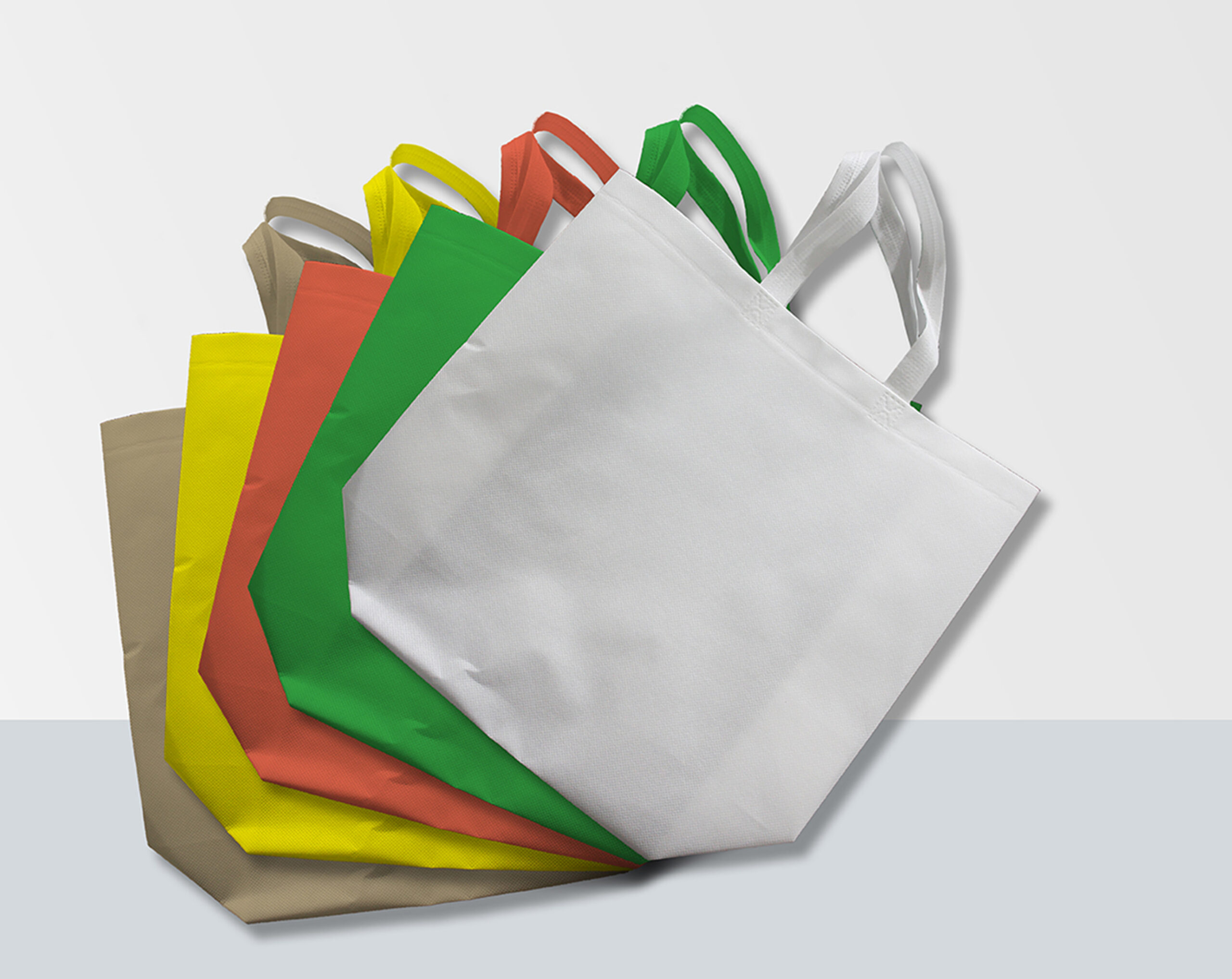
In addition to their positive environmental impact, non woven fabric bags offer numerous economic advantages. Firstly, these bags are cost-effective in the long run. While the initial investment may be slightly higher than purchasing traditional plastic bags, the durability and reusability of non woven fabric bags offset this cost. With proper care, these bags can last for years, significantly reducing the need for purchasing new bags repeatedly. This aspect saves individuals and businesses money in the long term. Furthermore, the production and distribution of non woven fabric bags contribute to job creation and support for local industries. By choosing to use these sustainable bags, individuals and businesses are actively investing in their communities and promoting social responsibility.
Non Woven Fabric Bags: Aesthetic and Functional Appeal

Beyond their environmental and economic benefits, non woven fabric bags also possess aesthetic and functional appeal. These bags offer versatility in design, colors, and customization options. From vibrant patterns to company logos, non woven fabric bags can be personalized to fit any individual or business. Additionally, these bags have enhanced strength, enabling them to carry heavier loads compared to their plastic counterparts. Whether it’s groceries, books, or everyday essentials, non woven fabric bags are up to the task. Not only are they durable, but they also come with convenient features like comfortable handles and easy-to-clean surfaces. The practicality and stylishness of non woven fabric bags make them a popular choice among consumers who value both functionality and aesthetic appeal.
Debunking Misconceptions about Non Woven Fabric Bags
Despite their many advantages, non woven fabric bags often face misconceptions regarding their biodegradability and overall environmental impact. However, scientific evidence supports the eco-friendly nature of these bags. Non woven fabric bags are made from materials that are biodegradable, meaning they can naturally break down over time without harming the environment. Additionally, the manufacturing process of these bags produces fewer greenhouse gas emissions compared to plastic bag production, thus minimizing their environmental impact. Furthermore, concerns regarding the quality and usability of non woven fabric bags are unfounded. These bags are designed to be durable and sturdy, capable of withstanding the wear and tear of daily use. By dispelling these misconceptions, individuals and businesses can confidently embrace non woven fabric bags as a sustainable alternative.
Conclusion
Non woven fabric bags offer a sustainable solution for a greener future. Their environmental benefits include reduced dependence on plastic bags, lower energy consumption during manufacturing, and avoidance of pollution caused by non-biodegradable materials. From an economic perspective, these bags are cost-effective, promote job creation, and encourage social responsibility. With their aesthetic appeal and functional design, non woven fabric bags combine style and practicality. By addressing misconceptions and encouraging widespread adoption, we can pave the way for a more sustainable future. It’s time to make conscious consumer choices and opt for non woven fabric bags in our daily lives.
FAQs
- Are non woven fabric bags truly eco-friendly?
Non woven fabric bags are indeed eco-friendly. Their composition consists of biodegradable materials, ensuring they break down naturally over time without causing harm to the environment.
- How durable are non woven fabric bags compared to plastic bags?
Non woven fabric bags are highly durable and can withstand the wear and tear of daily use. They are much stronger than traditional plastic bags and can carry heavier loads without tearing or breaking.
- Will using non woven fabric bags have any financial benefits?
Absolutely! Non woven fabric bags are cost-effective in the long run. While they may require a slightly higher initial investment, their long lifespan and reusability offset the cost, saving individuals and businesses money over time.
- What can individuals do to promote the use of non woven fabric bags?
Individuals can support the use of non woven fabric bags by actively choosing them for their everyday needs. They can also spread awareness by educating others about the environmental and economic benefits of these sustainable bags.
- How can businesses contribute to the adoption of non woven fabric bags?
Businesses can play a vital role in promoting the adoption of non woven fabric bags. They can incorporate eco-friendly practices by offering these bags as alternatives to plastic ones. Additionally, businesses can provide incentives such as discounts or rewards for customers who bring their non woven fabric bags when shopping.
In summary, non woven fabric bags are a sustainable alternative to traditional plastic bags. They offer numerous environmental benefits, economic advantages, and aesthetic appeal. By dispelling misconceptions and choosing these bags for everyday uses, individuals and businesses can contribute to a greener future. Let’s embrace the power of non woven fabric bags and work towards a sustainable and eco-friendly world.

